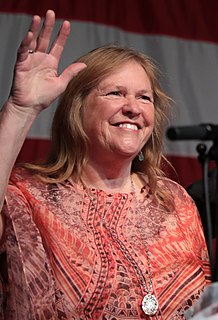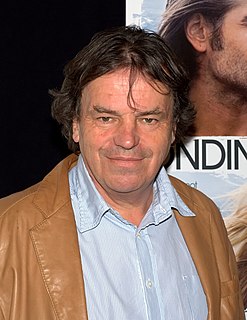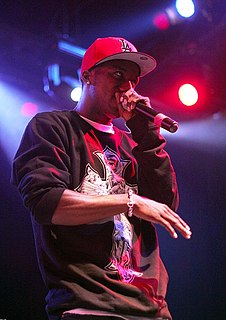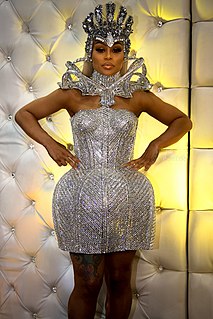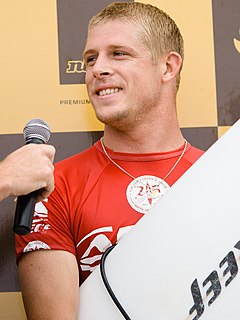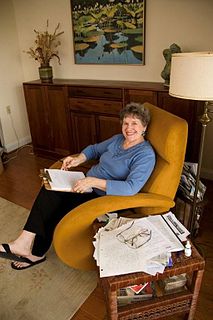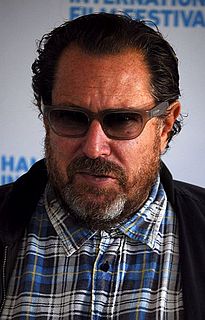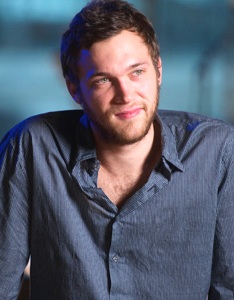A Quote by Jane O'Meara Sanders
I used to make fun of people who talked about going home and all that. I hadn't really thought about it at all, but I just teared up when I saw Ireland. I felt a kinship.
Related Quotes
When I saw photographs of children murdered by the Fascist, I felt furious pity. When the supporters of Franco talked of Red atrocities, I merely felt indignant that people should tell such lies. In the first case I saw corpses, in the second only words. . . I gradually acquired a certain horror of the way in which my own mind worked. It was clear to me that unless I cared about every murdered child impartially, I did not really care about children being murdered at all.
I realized I was growing up or something like that. You have responsibilities...you've got to think about getting your act together. I didn't even know what it had been doing to me. I didn't realize how dangerous it was. People talked in terms of drugs and I used to think in terms of...well in Ireland, everybody drinks. Nobody gives it a second thought. You're Irish number one and you're a drinker number two. That's the first two things about us Irish.
When I was on the 'Knock Madness' tour, I was just thinking about life; I started questioning God. I was praying a lot. I was just really emotional. I was going through a break up situation as well. And I just felt like I needed to be home. I was over the rap thing. I just felt like I wasn't getting the respect and credit that I deserve.
This is why I loved the support groups so much, if people thought you were dying, they gave you their full attention. If this might be the last time they saw you, they really saw you. Everything else about their checkbook balance and radio songs and messy hair went out the window. You had their full attention. People listened instead of just waiting for their turn to speak. And when they spoke, they weren't just telling you a story. When the two of you talked, you were building something, and afterward you were both different than before.
I used to think that when I grew up there wouldn't be so many rules. Back in elementary school there were rules about what entrance you used in the morning, what door you used going home, when you could talk in the library, how many paper towels you could use in the rest room, and how many drinks of water you could get during recess. And there was always somebody watching to make sure. What I'm finding out about growing older is that there are just as many rules about lots of things, but there's nobody watching.
A couple days ago, I saw a lot of people tweeting, 'Oh, it's so cool 'Home' is being used in the Olympics!' We don't really get to watch much TV, man, with the concerts every night, but I wish I could have seen it. I really just found out through Twitter and my management texting me. I thought it was really awesome.
I wrote the script to 'Lady Bird,' and it really came out of a desire to make a project about home - like, what the meaning of home is, and place. I knew Sacramento very well, obviously, growing up there, and I felt like the right way to tell a story of a place was through a person who's about to leave it.
